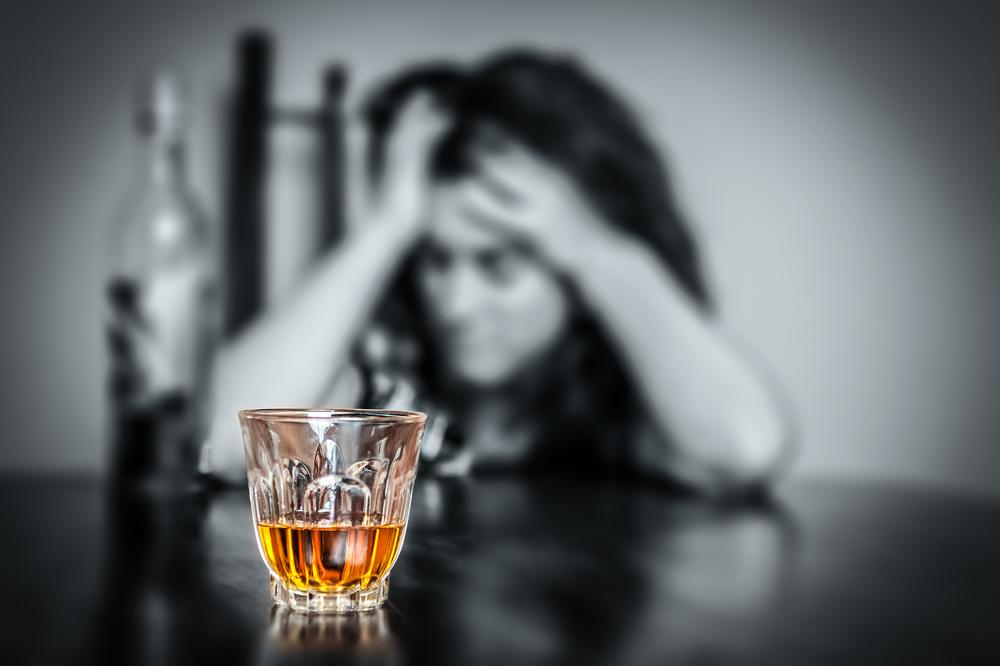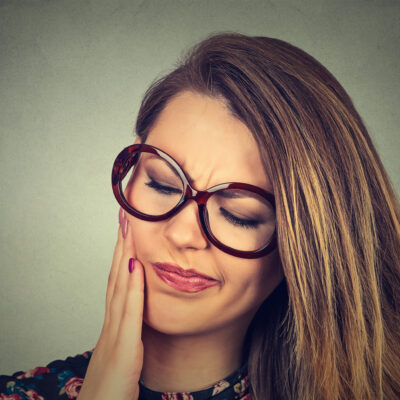
Treatment Options for Alcohol Addiction
Alcohol disorder is a brain disease caused by prolonged and heavy use of alcohol, which is a depressant that contains ethanol or ethyl alcohol. Alcohol changes the way the brain works, which makes it hard to quit. There are a number of reasons people get addicted to alcohol. It is a very personal matter that requires a range of psychological therapies to help the sufferer recover. People with previous addictions should be cautious with their alcohol use.
Because substance abuse impacts the brain and behaviour of an individual and it can affect all other facets of their lives, including work, motivations, and individual relationships. The first step in treating alcoholism is admitting that you have a problem. To admit you have a problem is a necessary step on your road to recovery. Your doctor can recommend medication, detoxification, counselling or other treatment options, such as:
1. Detox
The first step of an alcohol disorder treatment is detoxification. Detoxification breaks down the body’s physical addiction to alcohol. The goal is to stop drinking long enough to give your body time to rid itself of the alcohol. The process usually takes a week, and most people go to rehab for substance abuse, an inpatient treatment centre or a hospital because of the withdrawal symptoms like:
- Shaking
- Confusion
- Convulsion
- Hallucination
- Seizures
2. Cognitive behavioral therapy
Behaviour treatments, or alcohol counselling, help change behaviors that lead to heavy drinking. The treatment involves counselling with a health professional. The features of behavioural treatments include:
- To enhance the skills needed to reduce drinking or stop
- To help build a social support system
- To set and reach goals
- Avoiding triggers that may cause a relapse
Cognitive-behavioural therapy focuses on identifying situations and feelings that lead to heavy drinking. The goals are to change the thought process and develop the skills to cope with everyday situations that might trigger a relapse.
3. Motivational enhancement therapy
This therapy focuses on identifying the pros and cons of treatments. The goal is to make plans, build confidence and develop skills of endurance.
4. Marital and family counseling
This form of counseling plays an important role in improving and repairing family relationships. Study shows that strong family support increases the chance of staying alcohol-free.
5. Brief interventions
Brief interventions are a brief, small group or one-on-one sessions whereby the counsellor will provide information to individuals about potential risks and drinking patterns. After the feedback is received, the counsellor will work with the client to provide ideals and set goals to make changes.
6. Group therapy
Group therapy can help with alcohol rehabilitation, and it can help patients stay on track. They are led by a therapist who will help guide patients in their path to recovery.
7. Equine therapy
Equine therapy is the interaction between horses and patients. This therapy can help patients develop skills such as self-confidence, self-control, responsibility and accountability.
8. Art therapy
Art therapy is used to improve cognitive function, foster self-esteem, enhance social skills. These skills can be instrumental in helping clients get over their addiction.
9. Medications
There is no medicine available for alcohol disorder. But some medicines can help with recovery. Medicine can make drinking less desirable and you will be less inclined to do it. Some of the drugs include:
- Naltrexone: Blocks the high one gets from drinking.
- Disulfiram: Can help by making you throw up if you drink.
- Acamprosate: Can help reduce the cravings.
Be patient! Recovery is a long term process so choose a treatment option and take one day at a time.


